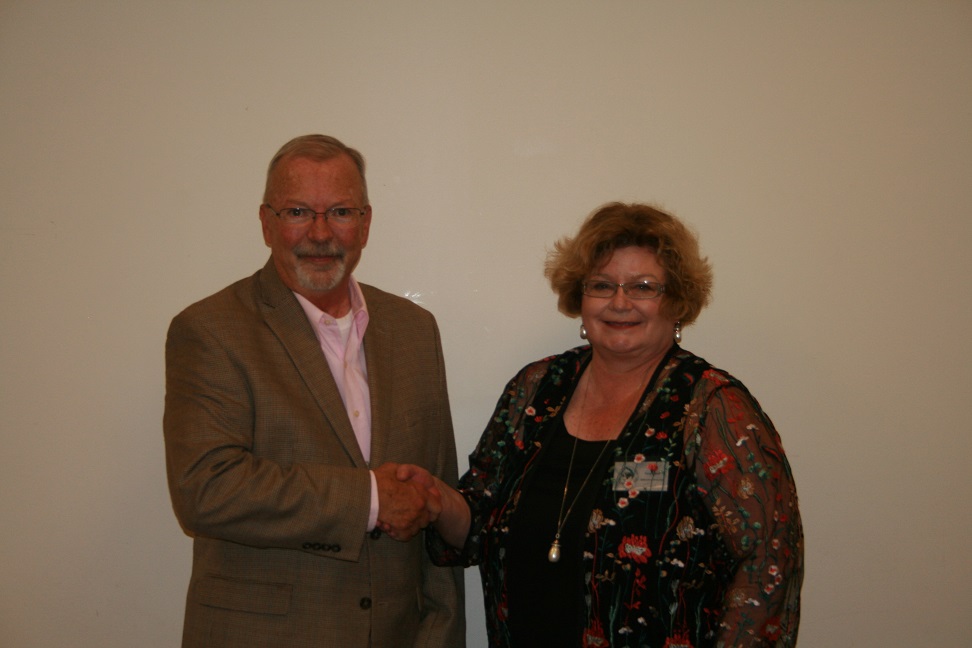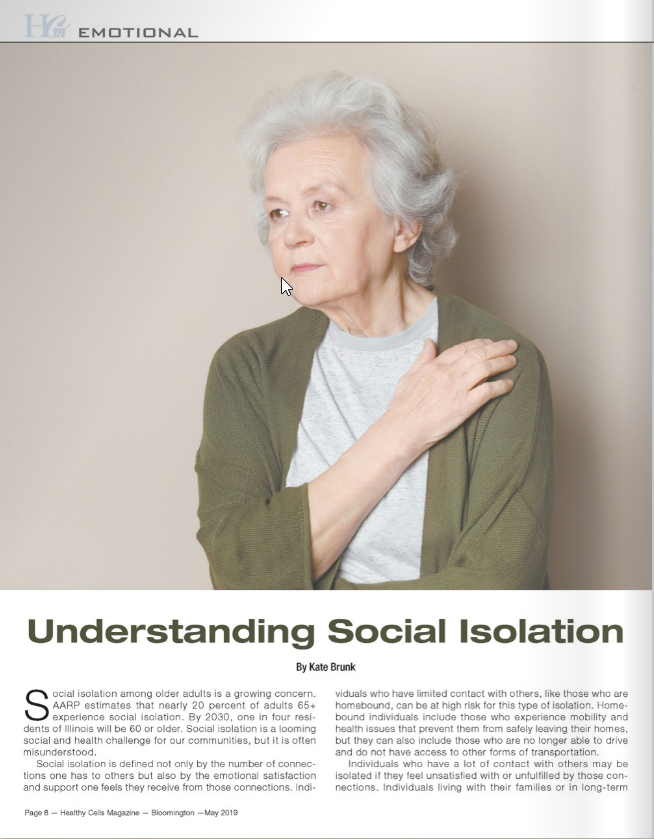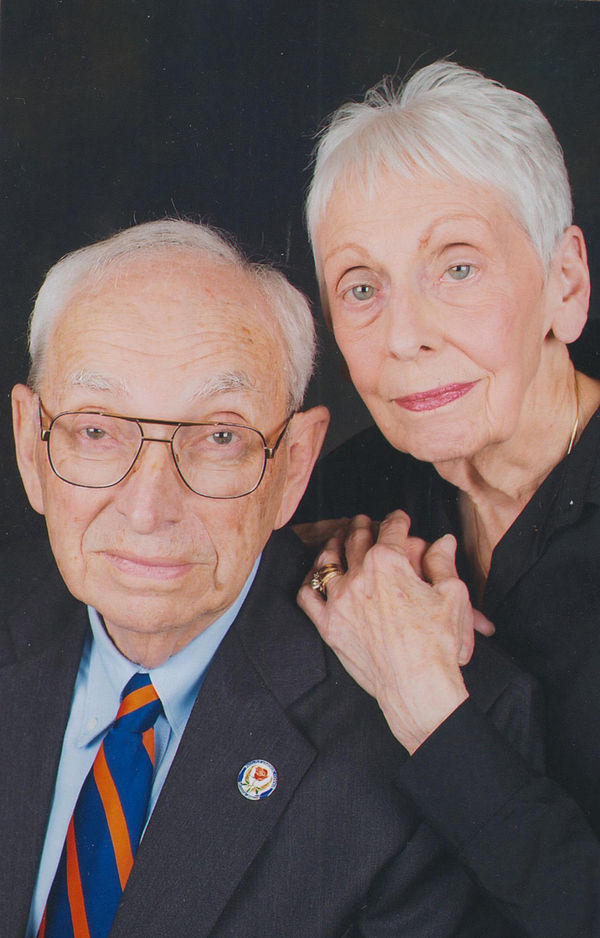IDOA e-News Release
Illinois Department on Aging recognizes National Caregivers Month - please click here to read article.
Illinois Department on Aging recognizes National Caregivers Month - please click here to read article.

BLOOMINGTON – The East Central Illinois Area Agency on Aging (ECIAAA) announces the recipient of the Dr. Arthur H. Larsen Leadership Award for 2018.
The Leadership Award is presented each year to an individual who has demonstrated outstanding leadership in advancing programs, services, and opportunities for older persons in East Central Illinois. The Leadership Award is named in honor of Dr. Arthur H. Larsen who served as the first Chairperson of the ECIAAA Corporate Board in 1974.
The 2018 Dr. Arthur H. Larsen Leadership Award recipient is Patrick Harness of Champaign Illinois. Mr. Harness received the Award in recognition for his extraordinary leadership, vision, and service to the Illinois Aging Network as illustrated by the following achievements:
Co-Founder of the Champaign County Senior Task Force
Former Vice President of the Executive Board of Family Service of Champaign County
Human Services Transportation Plan Representative serving Champaign County
ECIAAA Advisory Council Member since 2007 and served as Chairperson since 2016
ECIAAA is a non-profit corporation founded in 1972 and designated by the Illinois Department on Aging to serve older persons and family caregivers in a 16-county area. ECIAAA is funded with grants of federal Older Americans Act funds and Illinois General Revenue Funds through the Illinois Department on Aging. Together with 21 community programs on Aging, ECIAAA provides a wide range of services for over 21,000 older adults and 900 caregivers annually.
For more information please contact Susan C. Real, Executive Director, at 309-533-3232 or email at: This email address is being protected from spambots. You need JavaScript enabled to view it..

We are so excited to announce ECIAAA's ISU Stevenson Fellow, Kate Brunk, has contributed an article "Understanding Social Isolation" in the local Healthy Cells Magazine - May 2019 Edition. Healthy Cells Magazine is a stand-alone monthly publication that is available FREE in high traffic locations throughout each local community, including medical facilities and other waiting rooms. Look for a free printed copy in each specific community.

It is with a heavy heart that we inform you of John Dowling and his wife passing away Sunday, June 17, 2018.
John had been a strong supporter of ECIAAA and served on the Corporate Board representing Iroquois County since 2011. John will be missed. The Dowling family are in our thoughts and prayers.
Funeral services will be at 10 a.m. Friday, June 22, at First United Methodist Church in Watseka. Rev. Tom McCann will officiate. Burial will follow at Oak Hill Cemetery in Watseka.
Visitation will be 4-8 p.m. Thursday, June 21, at Knapp Funeral Home in Watseka, as well as one hour prior to the funeral service at the church on Friday. In lieu of flowers, memorials may be made to Iroquois Memorial Hospice or Unit 9 Academic Foundation. Please share a memory of John and Reta at knappfuneralhomes.com.
Please click here for news article and obituaries.
ECIAAA
1003 Maple Hill Road
Bloomington, IL 61705-9327
Contact Us
Email: aginginfo@eciaaa.org
Phone: 309-829-2065
Fax: 309-829-6021
Mon-Fri: 8:00 am to 4:00 pm
Sat-Sun: CLOSED